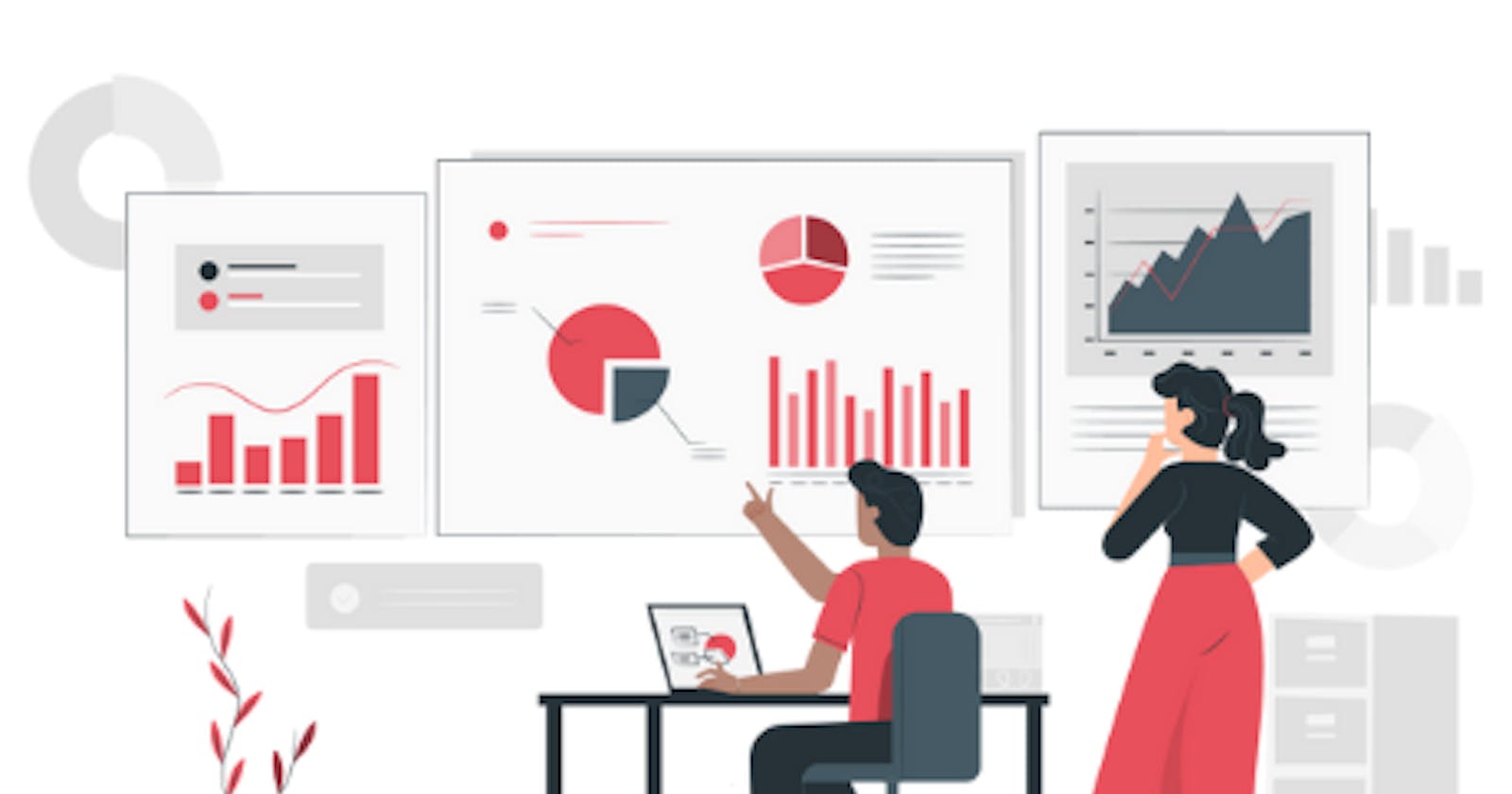Data science is a compelling profession for logical thinkers who are great with numbers and Excel. But unless you’re lucky enough to know a real, live data scientist, it’s hard to imagine what they actually do Monday through Friday.
We’re shedding some light on this complex field so you can decide whether it’s the right path for you. Take a look at a typical data scientist job description and work environment, as well as the skills they use most.
We tied it all together by getting two insider perspectives from one of our Technical Experts, and a Thinkful grad who’s now working as a full-time data scientist. Find out what they do on the job, and why they love their careers in data.
What Does A Data Scientist Do?
A data scientist’s role will vary based on their industry and the goals of their organization. If you choose to pursue this wide-ranging career, you could be responsible for anything from improving an app by analyzing in-depth customer research, to predicting the outcomes of a new drug through machine learning.
But while the end goal varies, the basic steps to get there are the same. Here are the tasks that just about any data scientist will perform:
- Clean and analyze data
- Present insights to stakeholders
- Back up company decisions with hard data
- Identify and predict patterns in behavior, preferences and trends
Work Environment
Data science involves a lot of heavy computing (no surprise there). Whether your work is performed in an office or telecommuting, you’ll spend several hours a day in front of a screen. But the findings you reveal through your analyses and algorithms will have a tangible impact for your company, your customers, and possibly the world.
Data scientists bring a lot of value to their organizations, and they’re rewarded for their expertise in the form of high pay and excellent benefits. According to indeed.com, many full-time data scientists enjoy unlimited paid time off, food provided on-site and stock options. That’s in addition to the full suite of health coverage and 401(k) benefits.
If you commit to a career in data science, you’ll likely find yourself in high-level roles. Your insights will drive major company decisions, and that means a certain amount of stress and accountability. But you can also expect a lot of personal fulfillment and six-figure salaries.
Key Skills of A Data Scientist
Data science is a highly specialized profession that requires a variety of technical abilities. But it also takes interpersonal skills to excel: after all, you need to translate your equations into clear language in order to persuade the leadership team.
If you have the following foundational skills, you’ll make an excellent data science candidate.
Hard skills: Prepare yourself for some pretty intense math, like advanced statistics, linear algebra and calculus. Every data scientist also relies on coding knowledge to interpret large datasets, so you’ll need to learn SQL and Python. And in order to enter this field, you need to be an expert at data organization and cleaning. If you’re brand new to the data scene, start by studying data analysis first.
Soft skills: You’ll need to communicate your findings visually and verbally in a way that makes sense to stakeholders. As a data scientist, you’ll have to perfect the art of taking complex information and pulling out the insights that matter most to business leaders. In addition to clear communication, a keen eye for detail combined with critical thinking skills will help you solve business challenges with equations and algorithms.
Most importantly, this field is ideal for someone who loves learning. Data science is constantly evolving, so you’ll need to adapt to new tools and technologies over the course of your career. It’s an ongoing challenge that many will find exciting and invigorating.
What does typical day look like of data scientist?
Typically work through all levels of a project from data collection, cleaning and preprocessing, to modeling, testing, validation and deployment. So depending on which stage they are on, they spend their day verifying or creating labels for images, building a model to extract whatever information our client asks for, and then validating our application in the real world.
What tools do data scientist use the most?
Libraries: Tensorflow, Pytorch, Caffe, OpenCV, Numpy
Languages: Python, C++, Bash
IDE: Visual Studio Code
